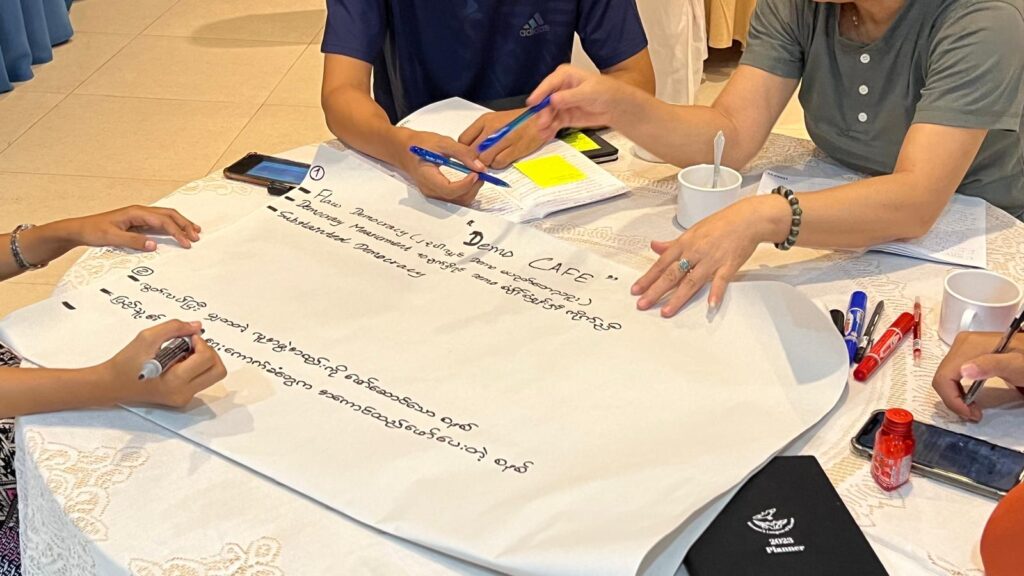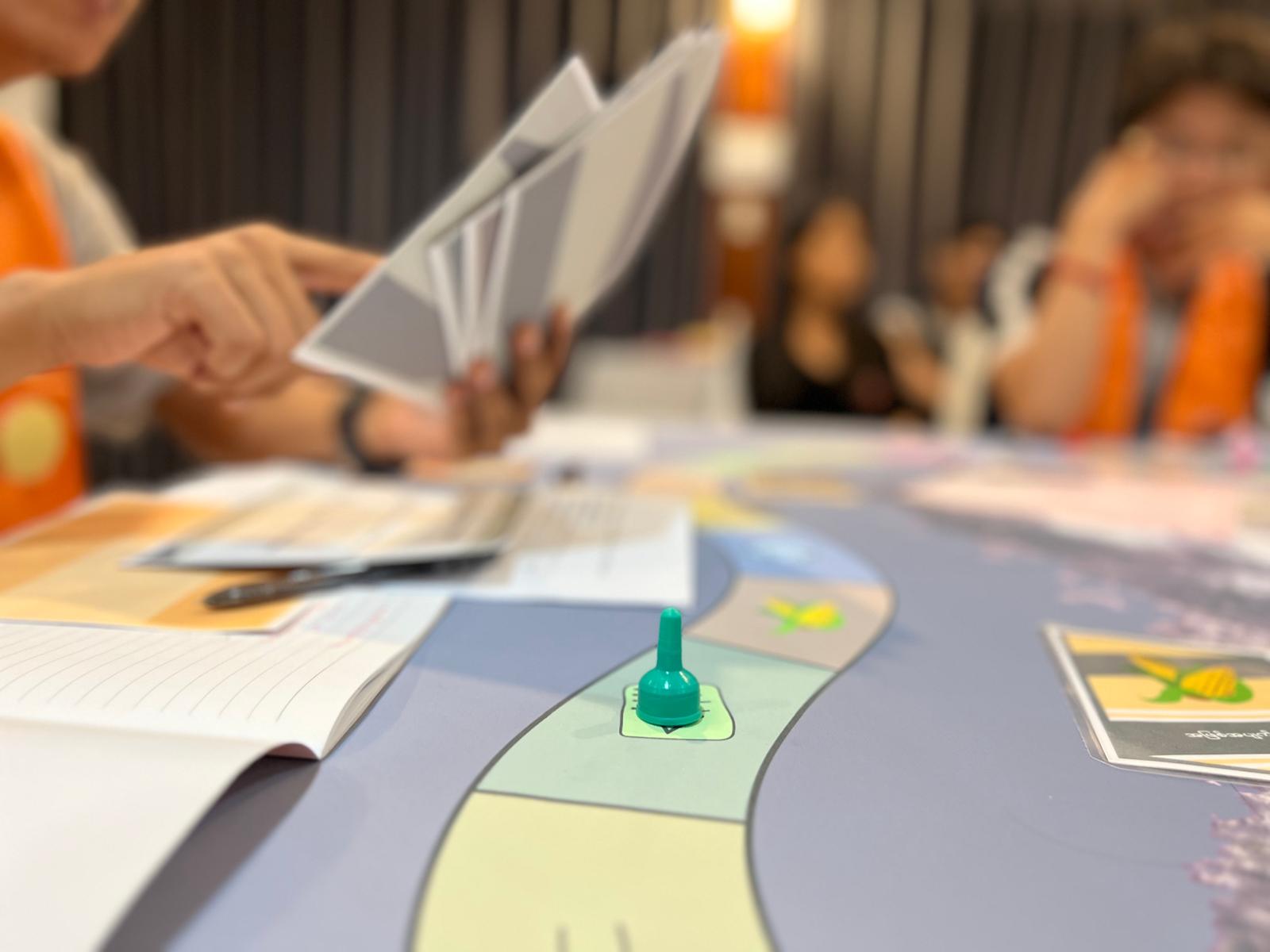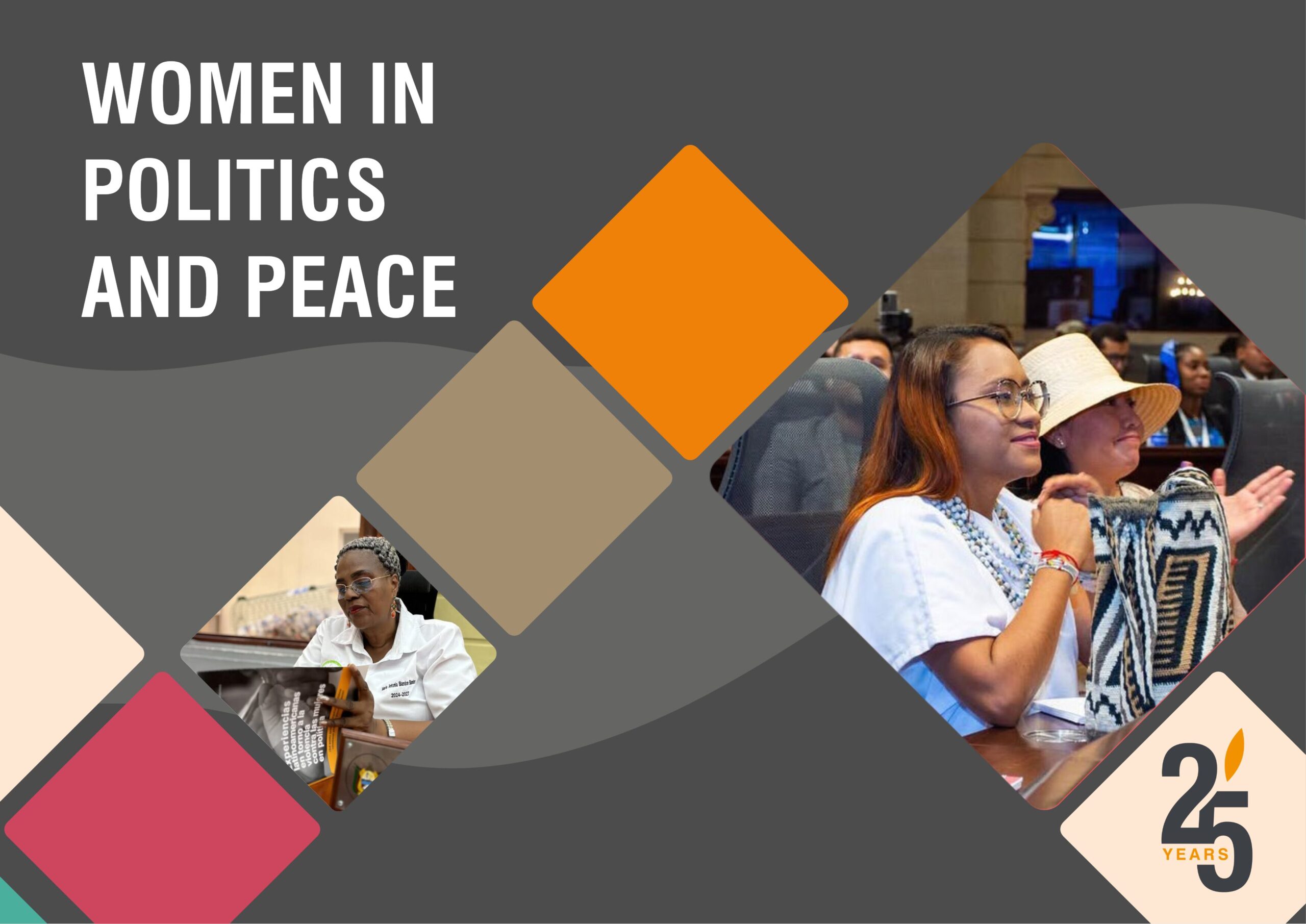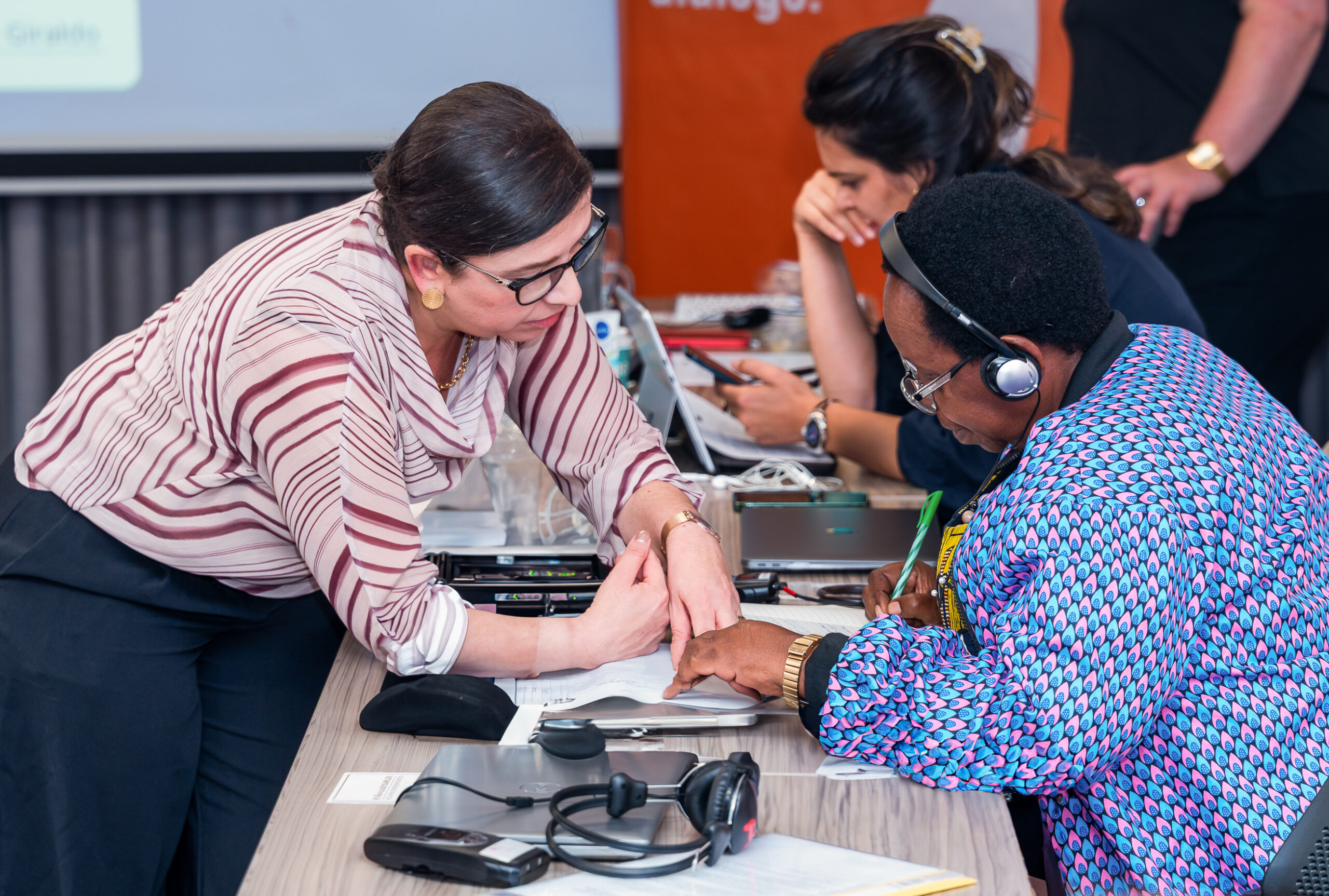Voices of Resilience: A dialogue for democracy and peace in Myanmar

NIMD has a long history of promoting dialogue in Myanmar. Our work began in 2014 and, since then, we have worked with political actors from across ethnic and ideological divides, building trust between them and promoting respectful open dialogue.
Of course, with the 2021 coup d’état, Myanmar’s gradual process of democratization stalled. In the country’s new and complex political landscape, where political suppression and conflict are daily realities, NIMD has been forced to find new windows of opportunity for our work.
Everything has changed but, for us, it remains important to continue to invest in Myanmar’s democratic future. That’s why, amid the ongoing conflict, we have searched for ways to keep dialogue among Myanmar’s political actors alive. With success. Together with Demo Finland we are facilitating a multistakeholder dialogue platform. This quiet yet powerful initiative brings together a diverse group of local stakeholders from various political institutions, providing a safe space for open dialogue in a high-risk context where such conversations are often silenced.
By collaborating across divides, building trust and jointly reflecting on Myanmar’s future, the platform helps to keep the democratic culture in Myanmar alive. It enables political stakeholders to continue working and moving towards Myanmar’s democratic transition. We hope that, when that time comes, we will have contributed towards a collaborative and open mindset among the country’s democratic leaders.

Participant Reflections
The true strength of this initiative lies in the voices of those who have chosen to participate, many of whom have found renewed purpose and resilience through this dialogue process. For the Deputy Chair of an ethnic-based political party and a former Member of Parliament in the previous government, the impact of these dialogues has been profound.
“Due to the intense suppression of political space in the country, all politicians got disconnected from political discussion and dialogue exchange,” she reflects. “Under NIMD-organized events, I feel empowered and politically re-energized to keep working for my people again. I value the impartial role that NIMD plays in dialogue facilitation, and I see it is quite effective for the country’s struggles for democracy.”
Youth leaders are also finding renewed hope through these engagements. The Secretary of an ethnic-based political party, who has participated in numerous dialogues at both national and sub-national levels, shares a similar sentiment:
I’ve attended so many dialogue meetings at the sub-national level but also at the national level, but I was never satisfied with the process since most of those meetings do not stick to what they promised. NIMD is different; I see facilitators of NIMD walk the talk, and that’s what I appreciate a lot.
Impact and Outcomes
While the details of these discussions remain sensitive due to the high-risk context, the dialogues are an important tool to enhance collaboration and consensus in a multi-ethnic country where division can sometimes dominate politics. Participants have reported a shift in perspective and a deepening understanding of the value of dialogue.
A senior political advisor and elder of the state shared her initial reservations and subsequent change of heart: “I was a bit worried at the beginning of the dialogue process about how things would work out, especially when all groups involved have various political interests. Now, I’ve learned that there should be no fear in approaching dialogue. As long as our hearts are for the people, there is nothing we cannot discuss. And, especially in highly political sensitivity, consensus should be respected.”
This spirit of open discussion and mutual respect is echoed by a leader involved in an Ethnic Representative Organization (ERO). “I’ve learned from dialogue that we cannot decide for our state just by listening to one side of our stories,” he explains. “Being brave enough to listen to the other side of the stories is important for inclusive decision-making and representation too. More dialogue is needed for the whole country, including more key stakeholders to address the grievances of Myanmar.”
Indeed, by continuing NIMD’s long tradition of dialogue in Myanmar, we hope to set the stage for openness, respect and collaboration in a political landscape often marred by conflict and divides. If we are to hope for a peaceful and democratic future in Myanmar, this culture of collaboration will be its cornerstone.
Challenges and Resilience
Despite the progress, this journey is fraught with challenges. The participants are well aware of the risks involved—both personal and political—but their resilience is unwavering.
“Every time I leave a dialogue session, I wonder who might be watching or questioning my motives,” one participant confesses. “But I keep coming back because I believe these conversations are the only way to achieve lasting peace.”
A foundation for peace
As Myanmar continues to grapple with political turmoil, the work of fostering dialogue at the grassroots level is more vital than ever. The efforts of NIMD and the courage of those who participate in these dialogues highlight a path toward a more inclusive and democratic future. These conversations are not just about addressing grievances—they are about building the trust and understanding that could be a foundation for peace.
The international community must recognize and support these efforts, ensuring that the voices of those striving for peace in Myanmar are heard, protected, and amplified.


